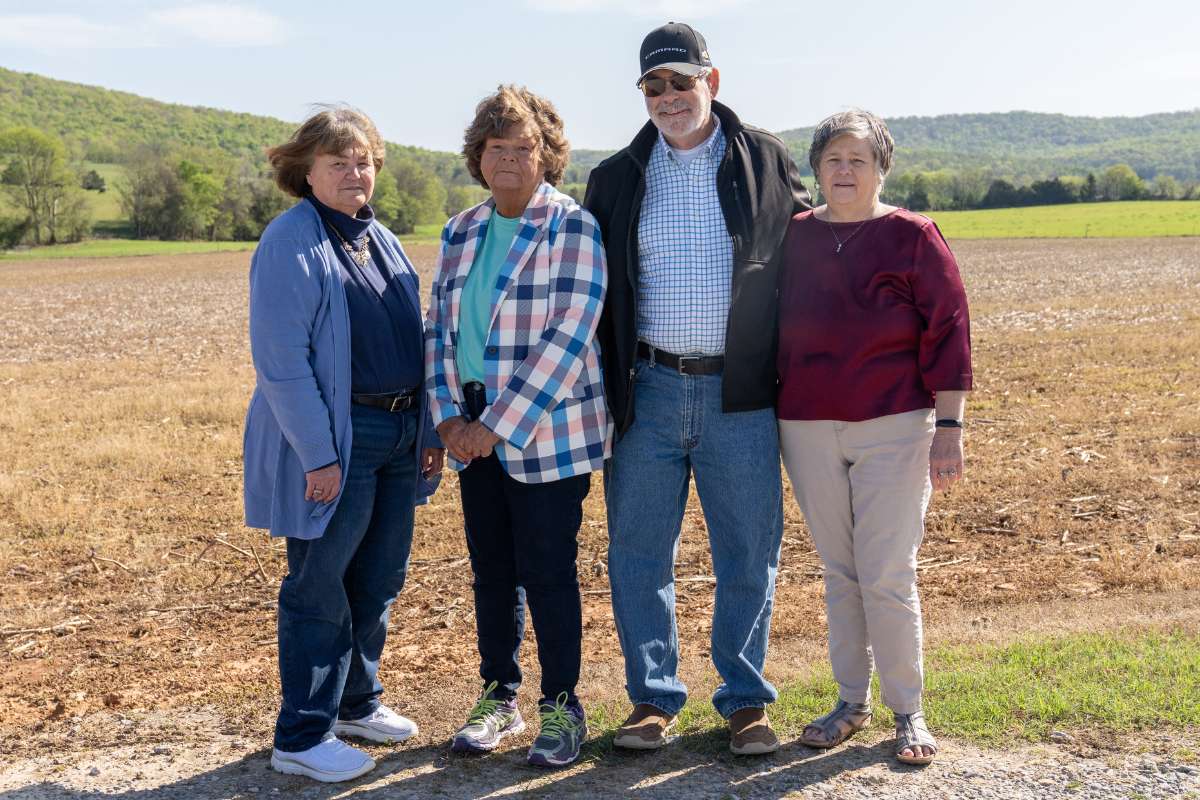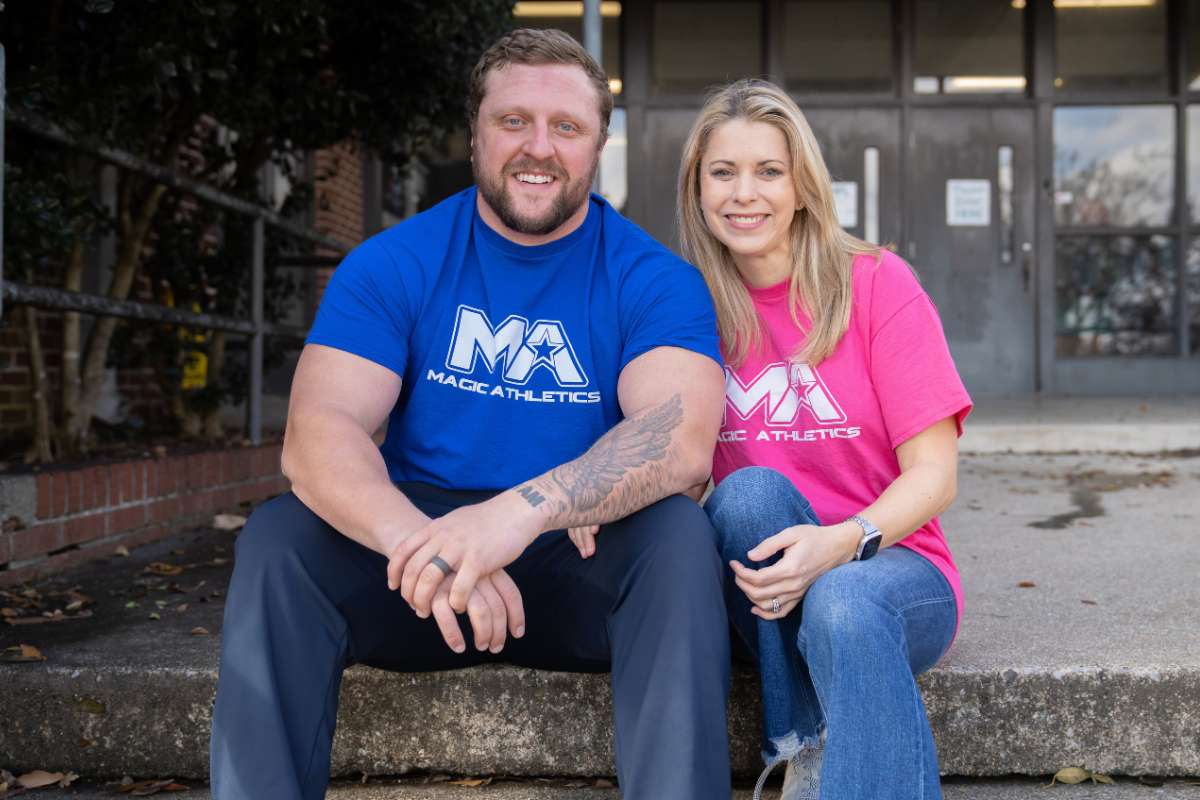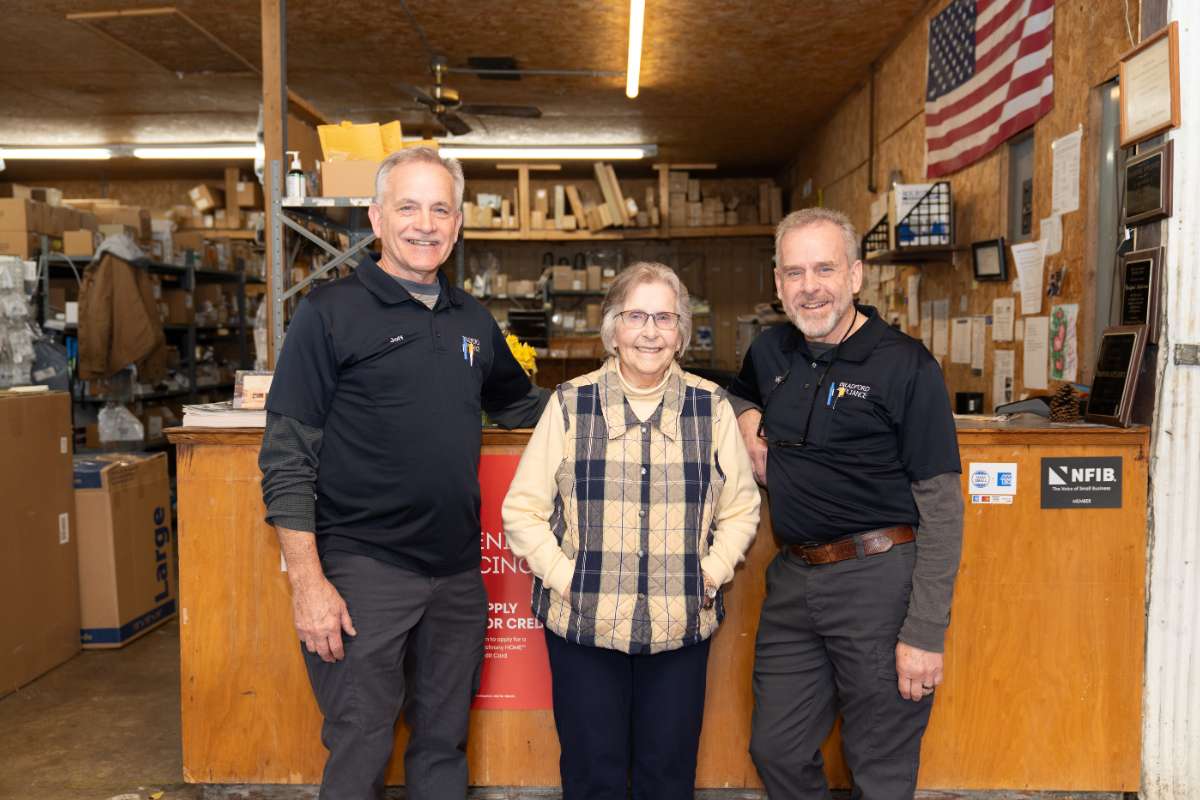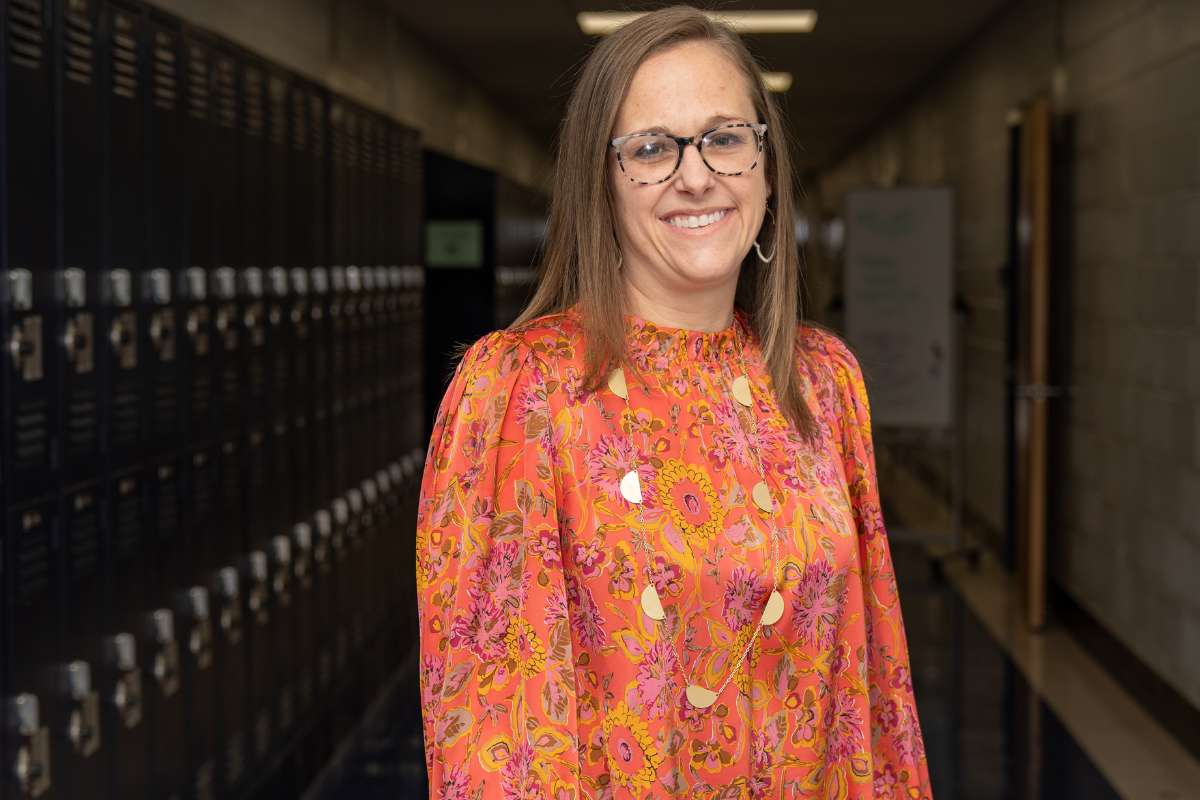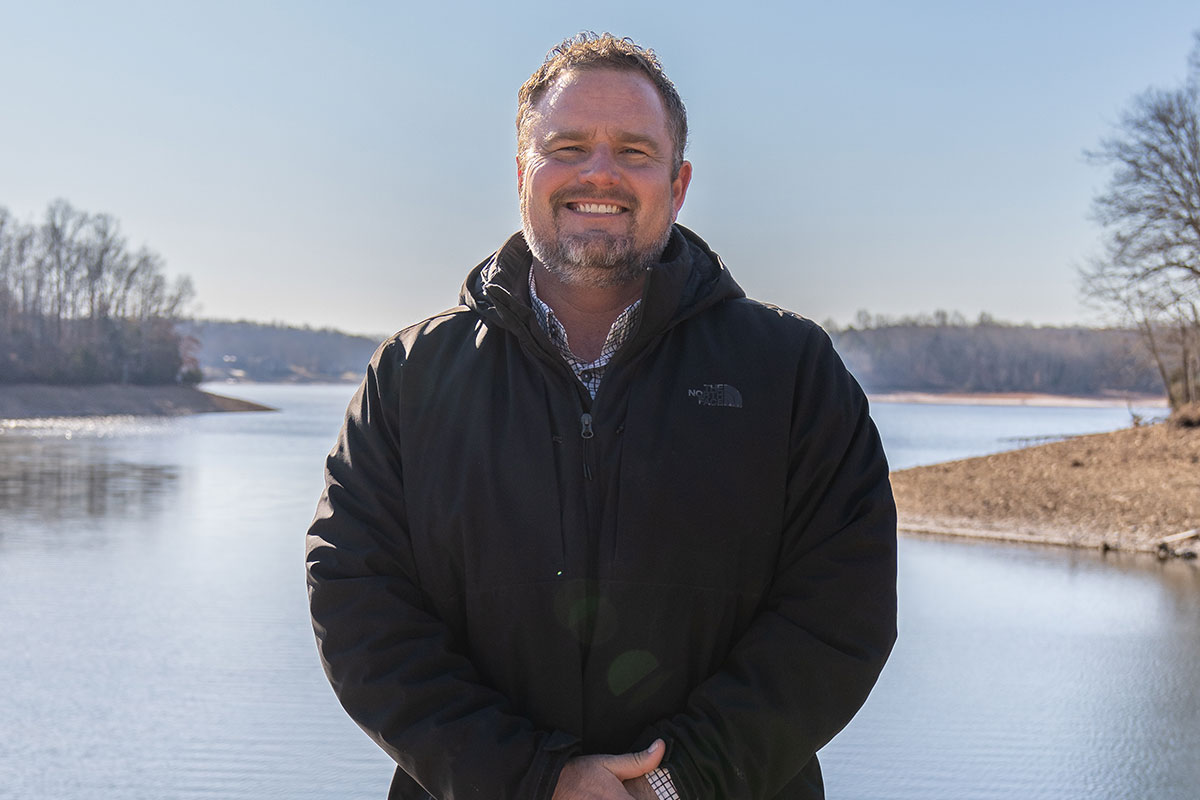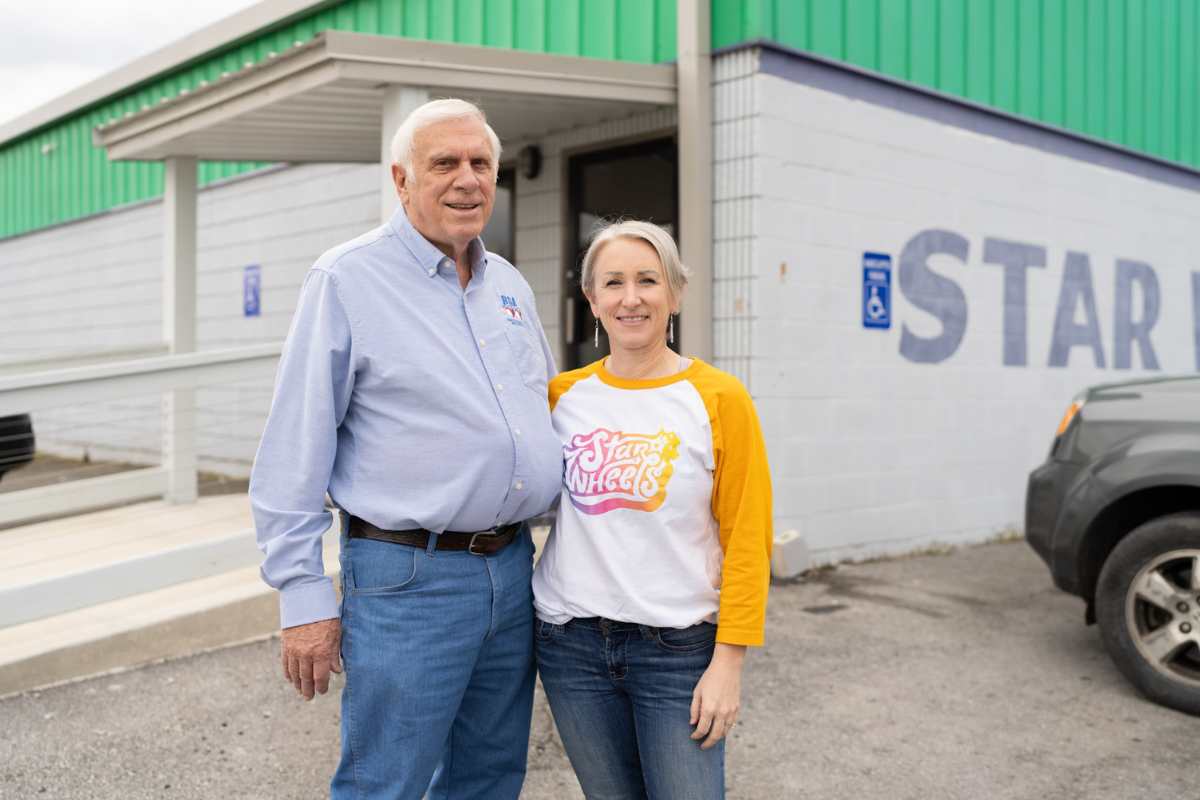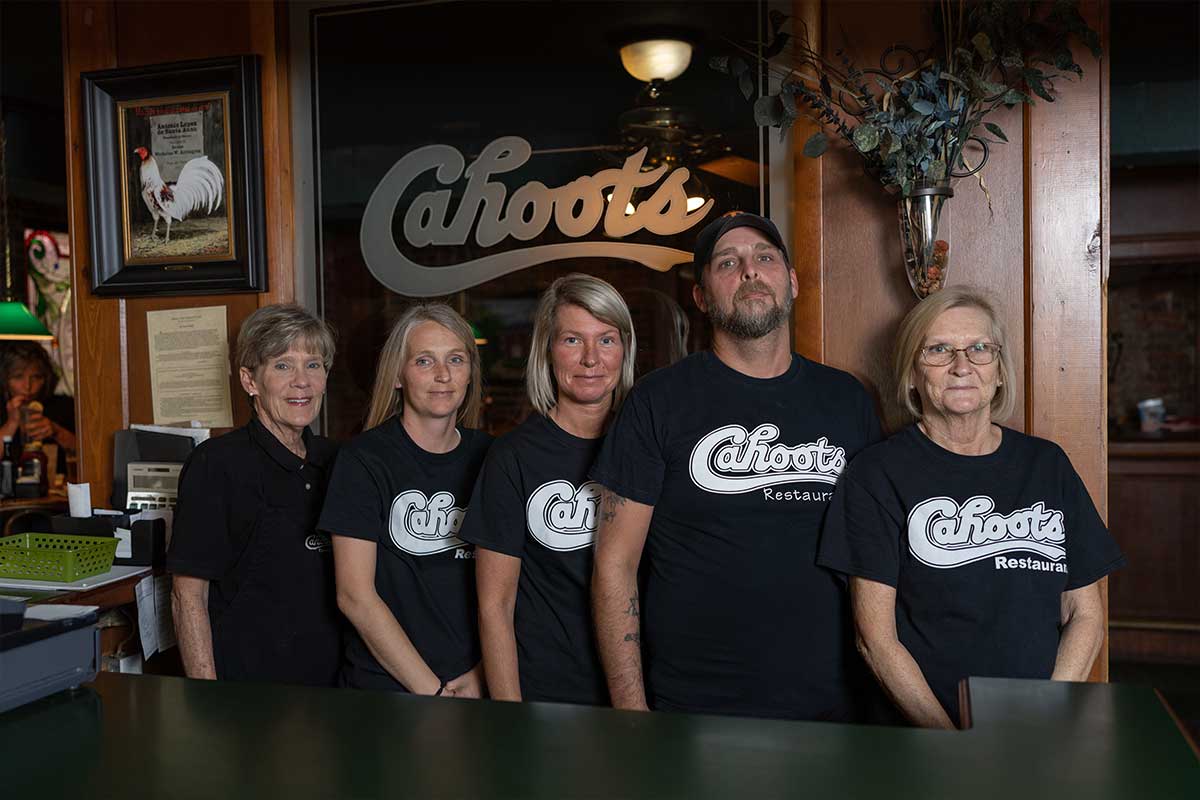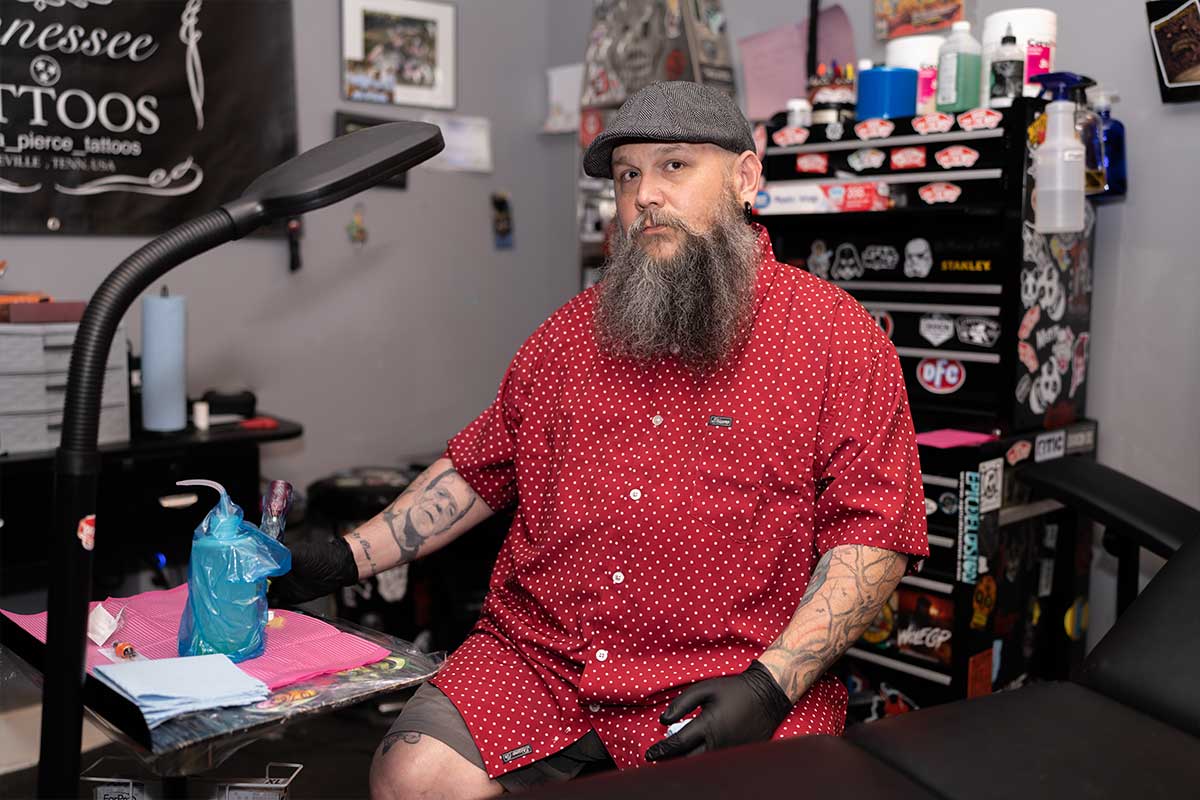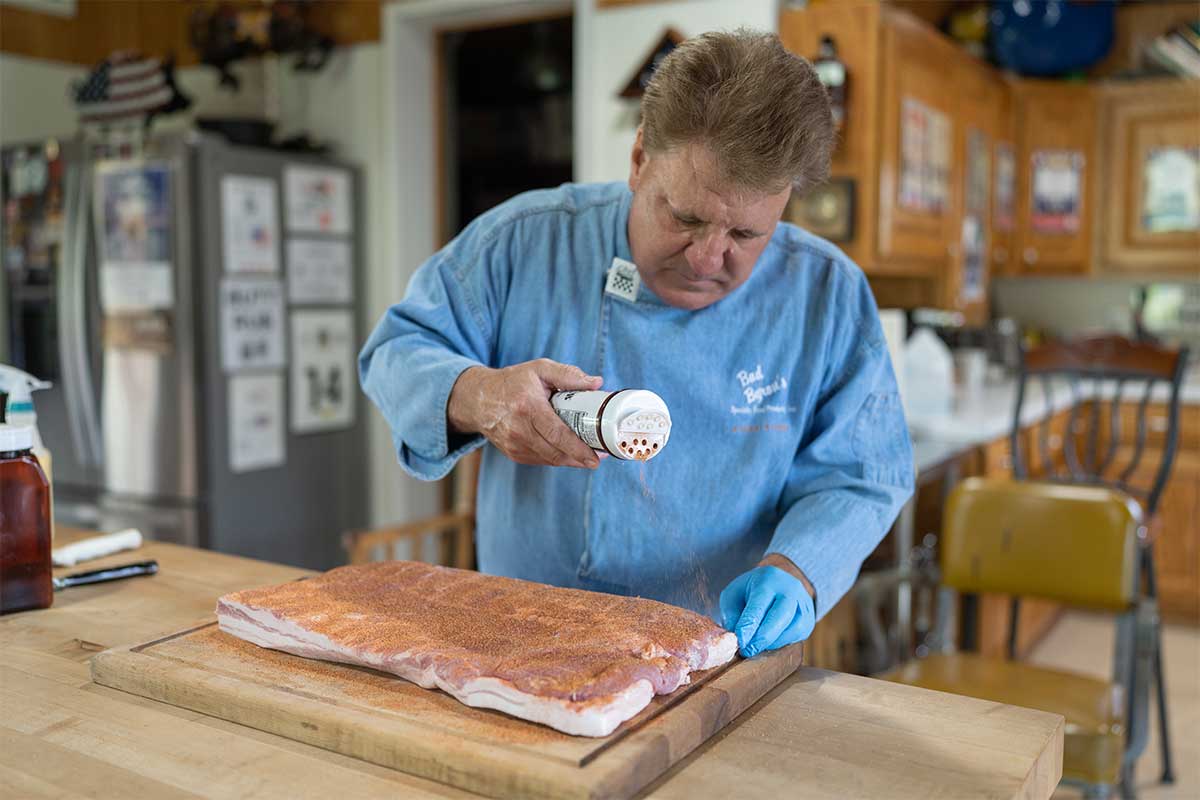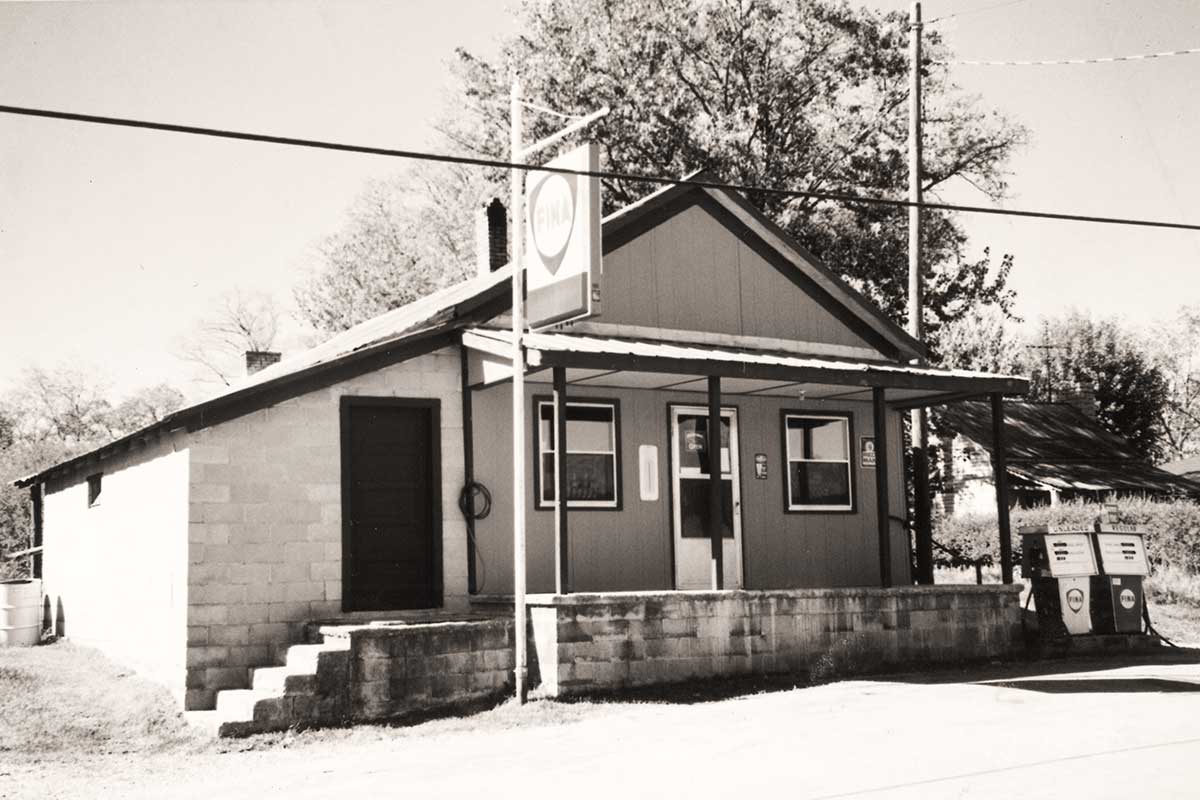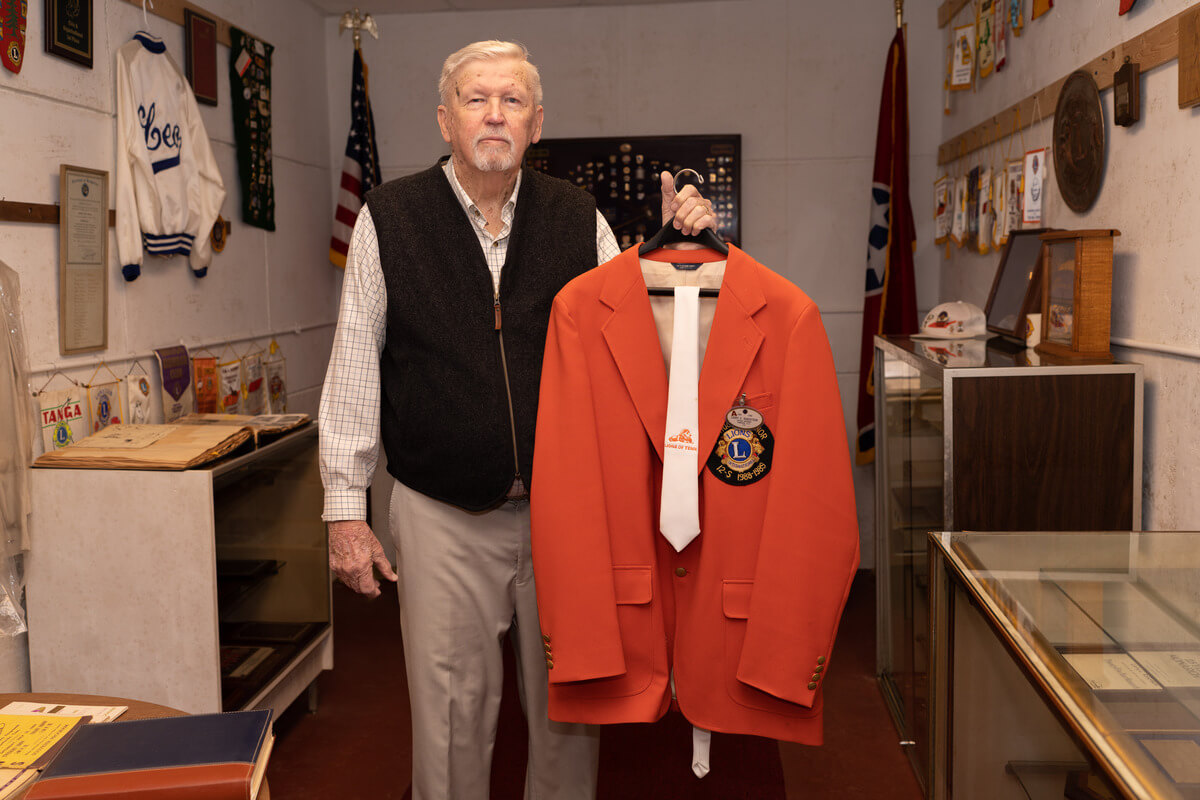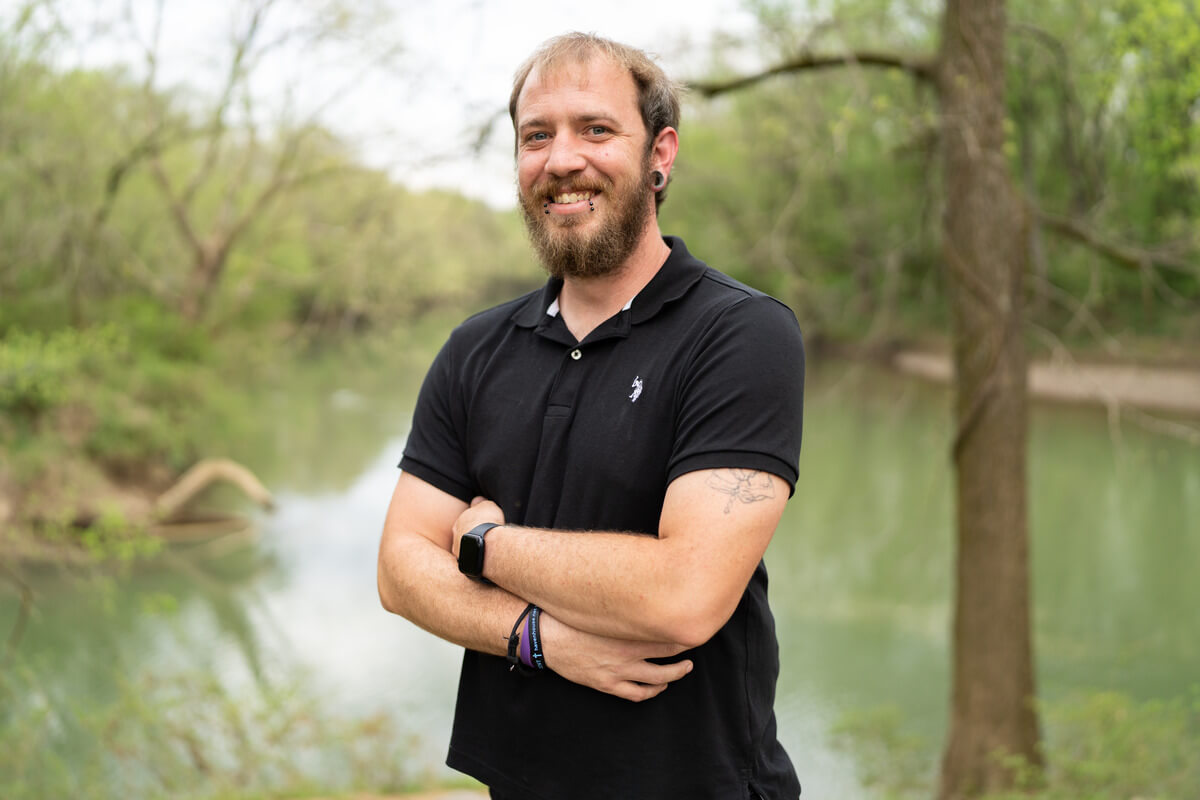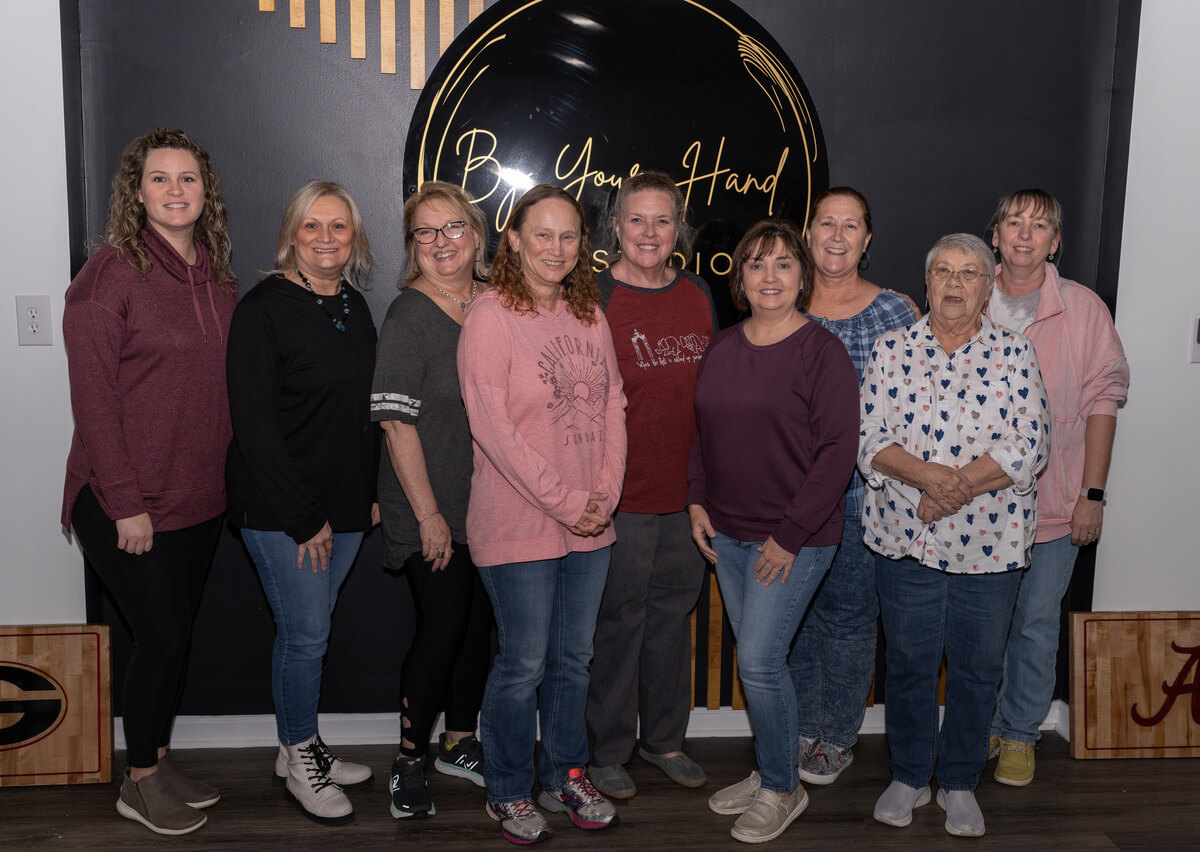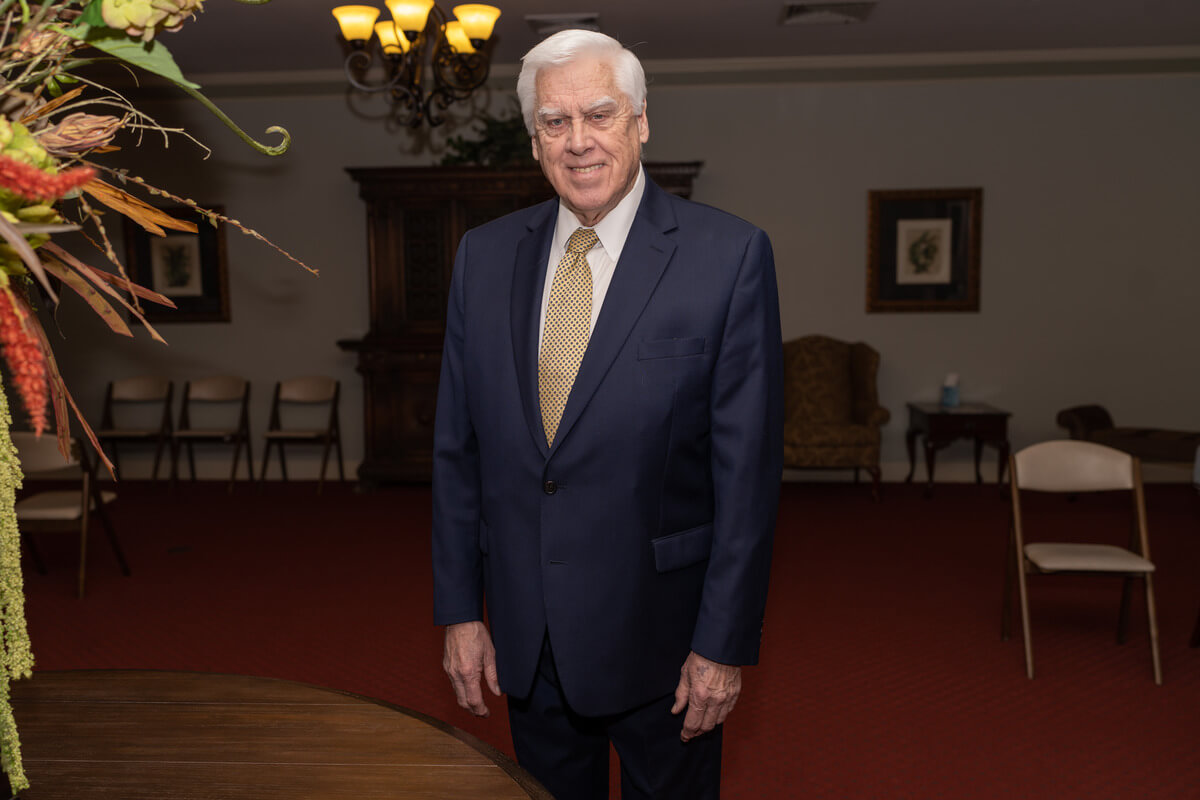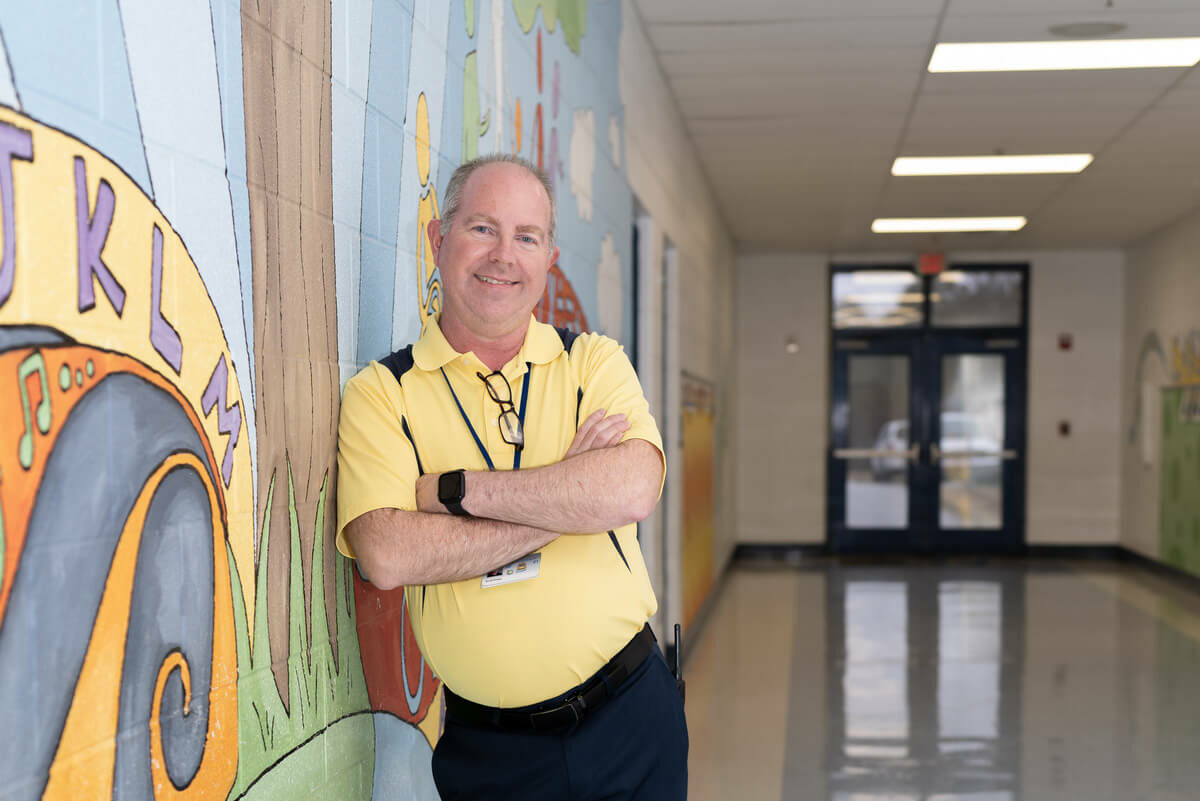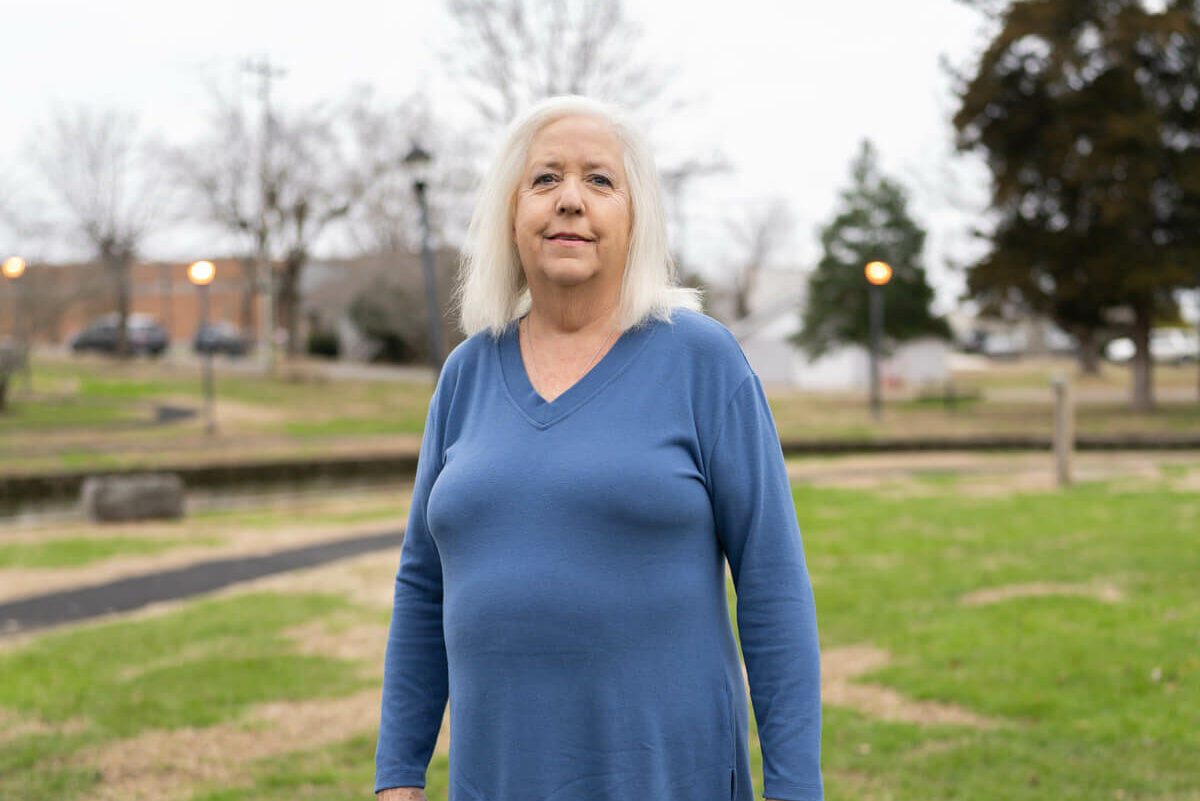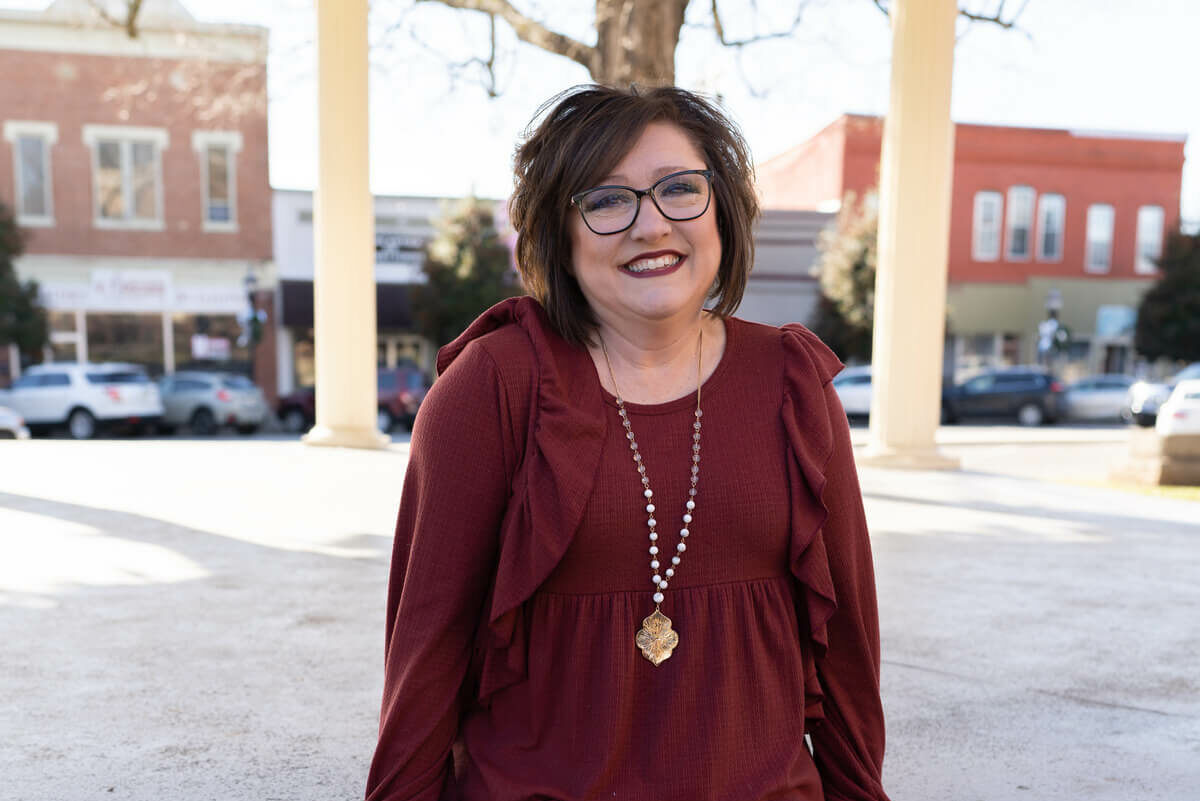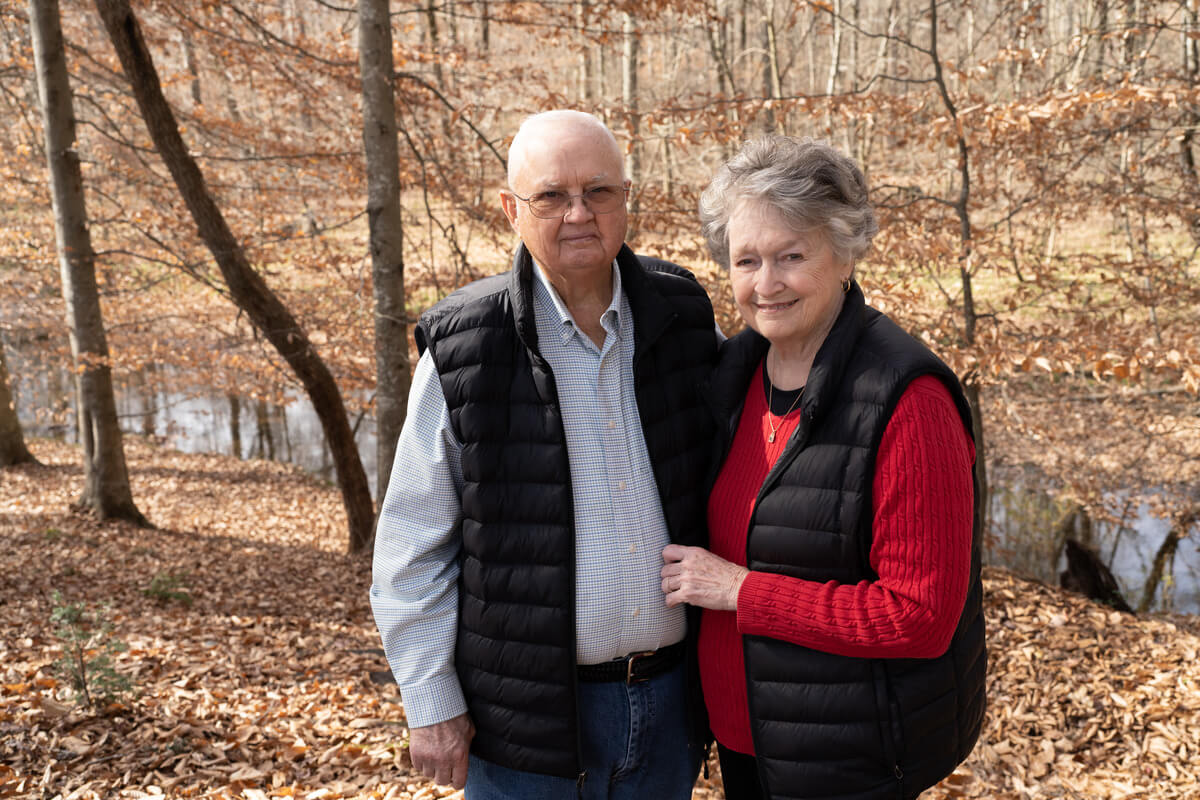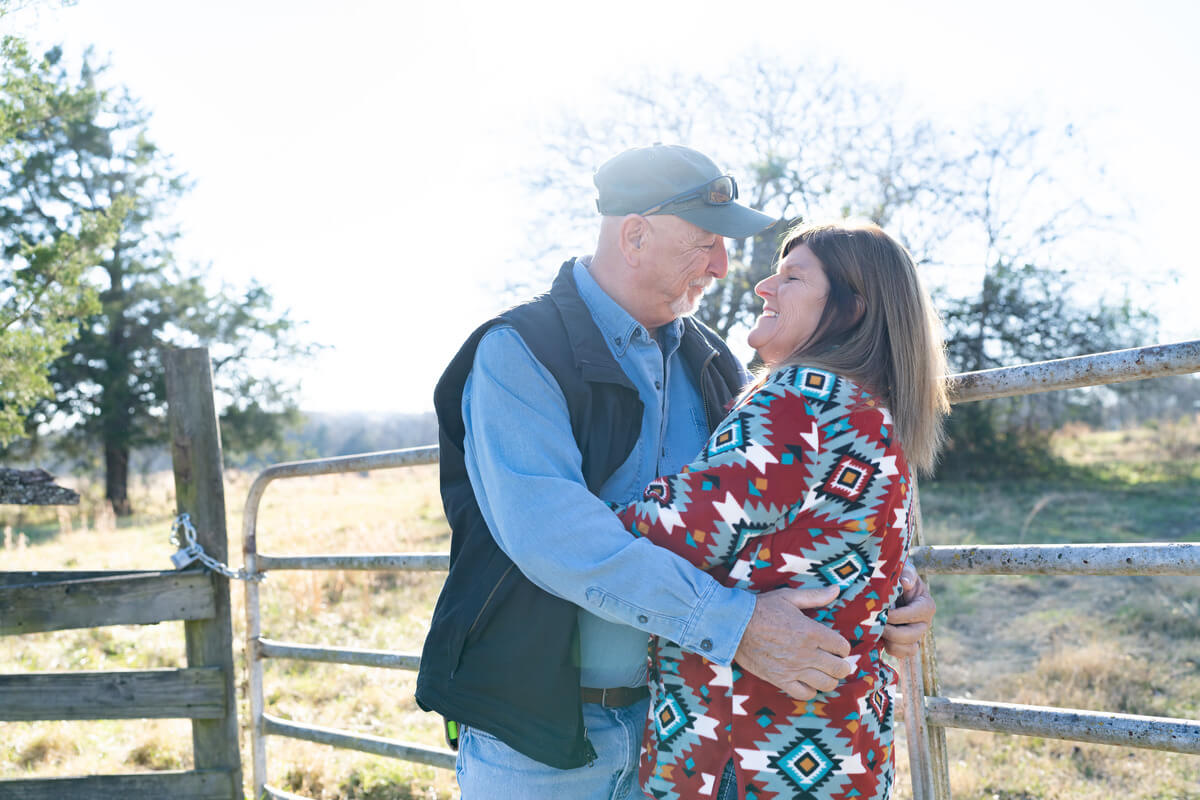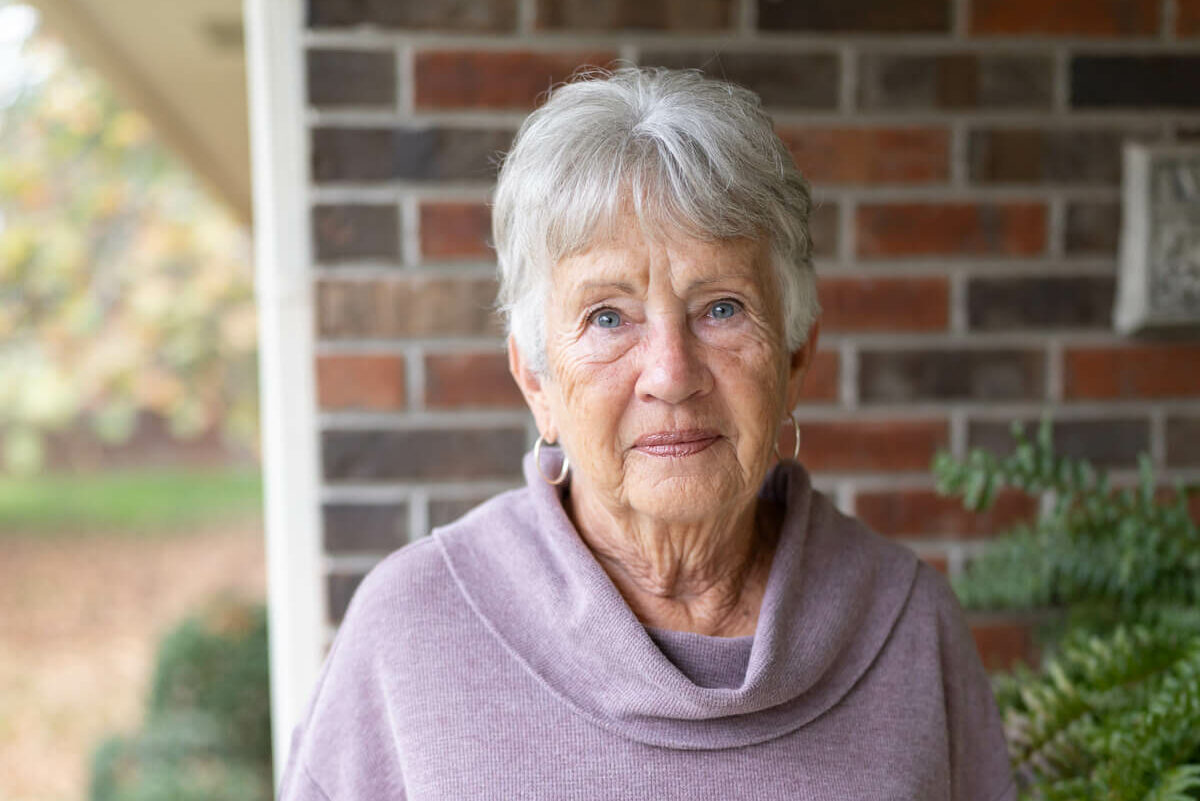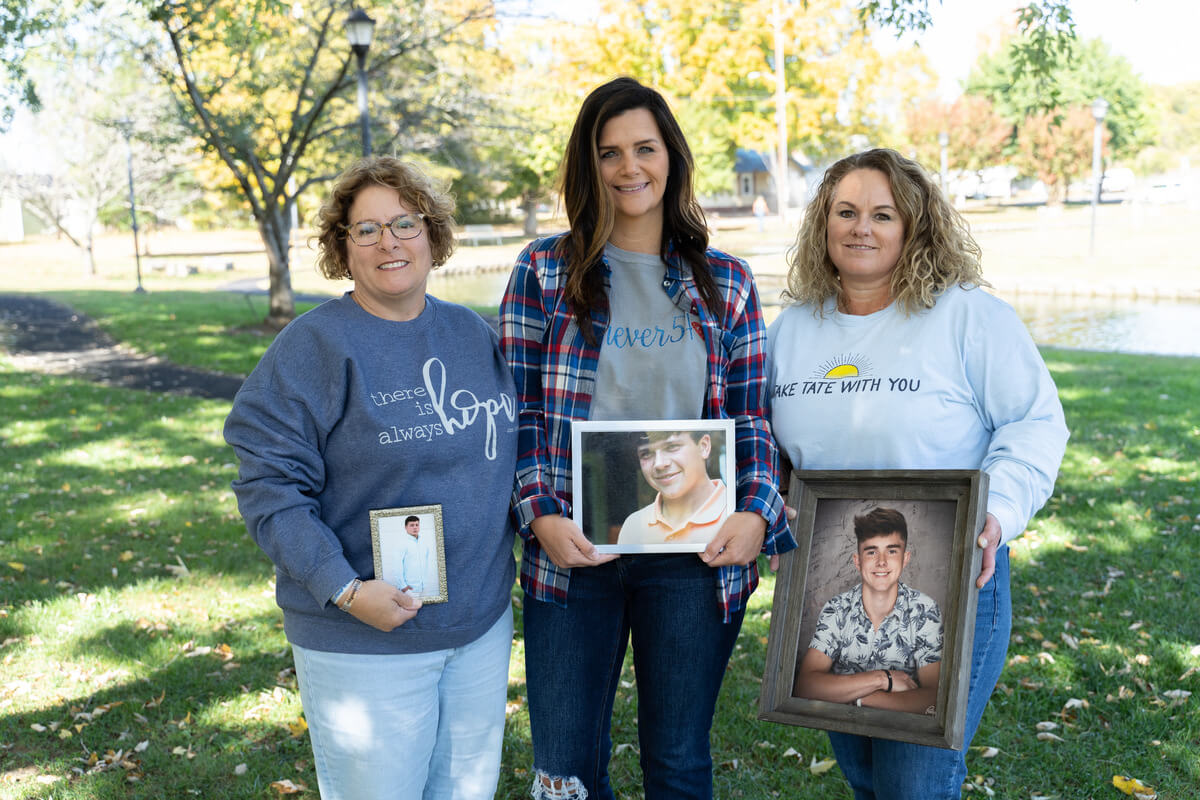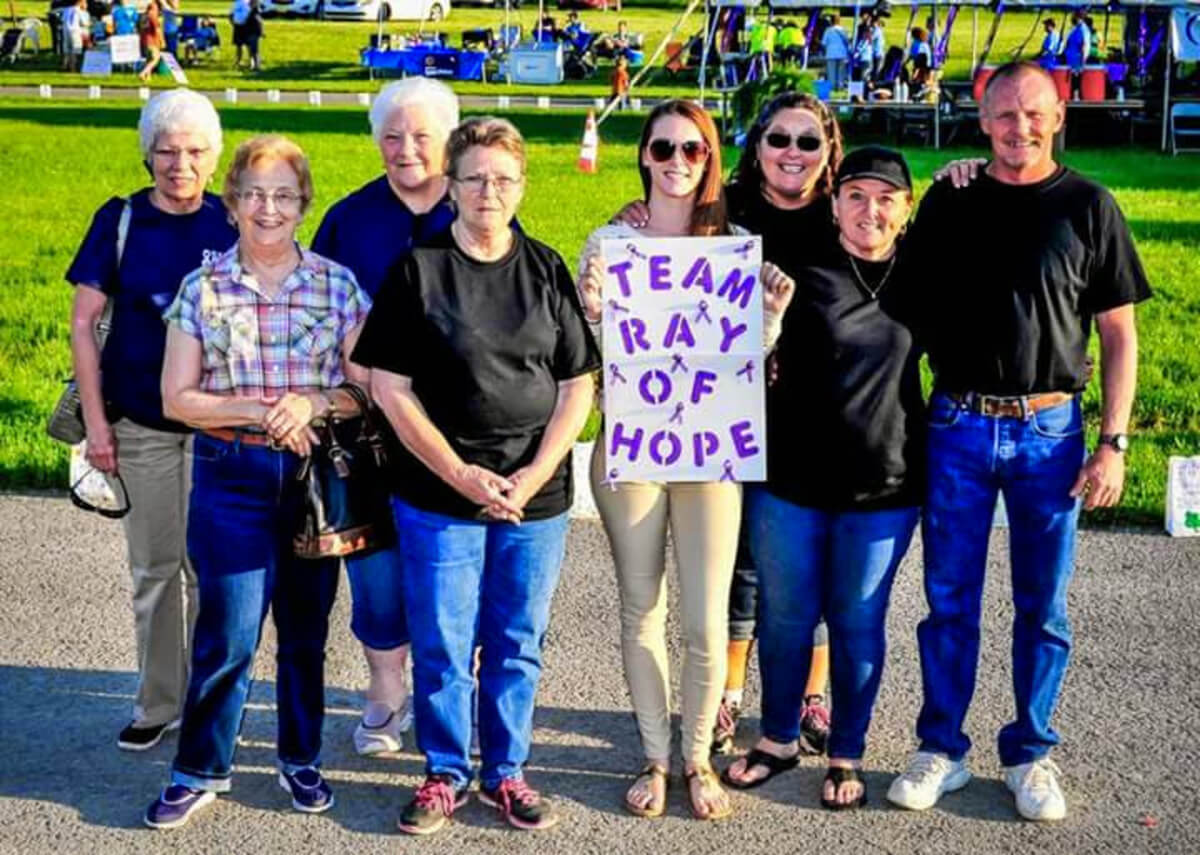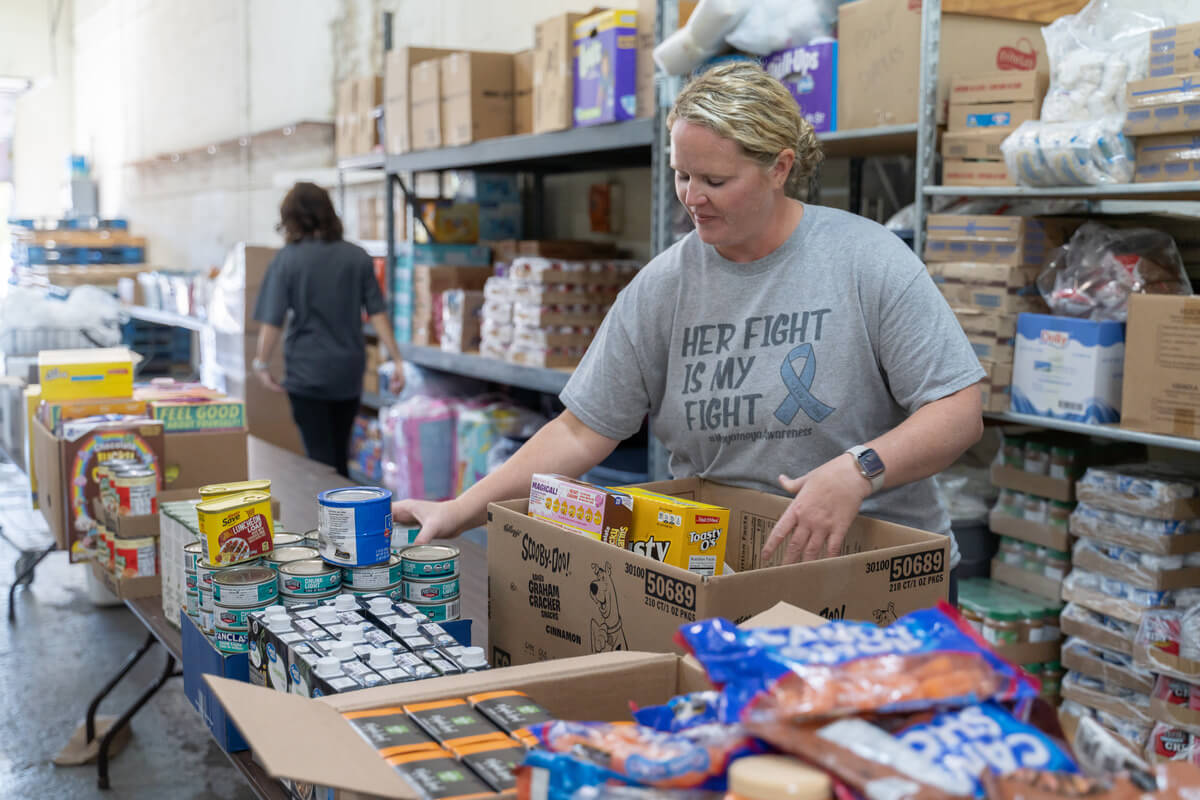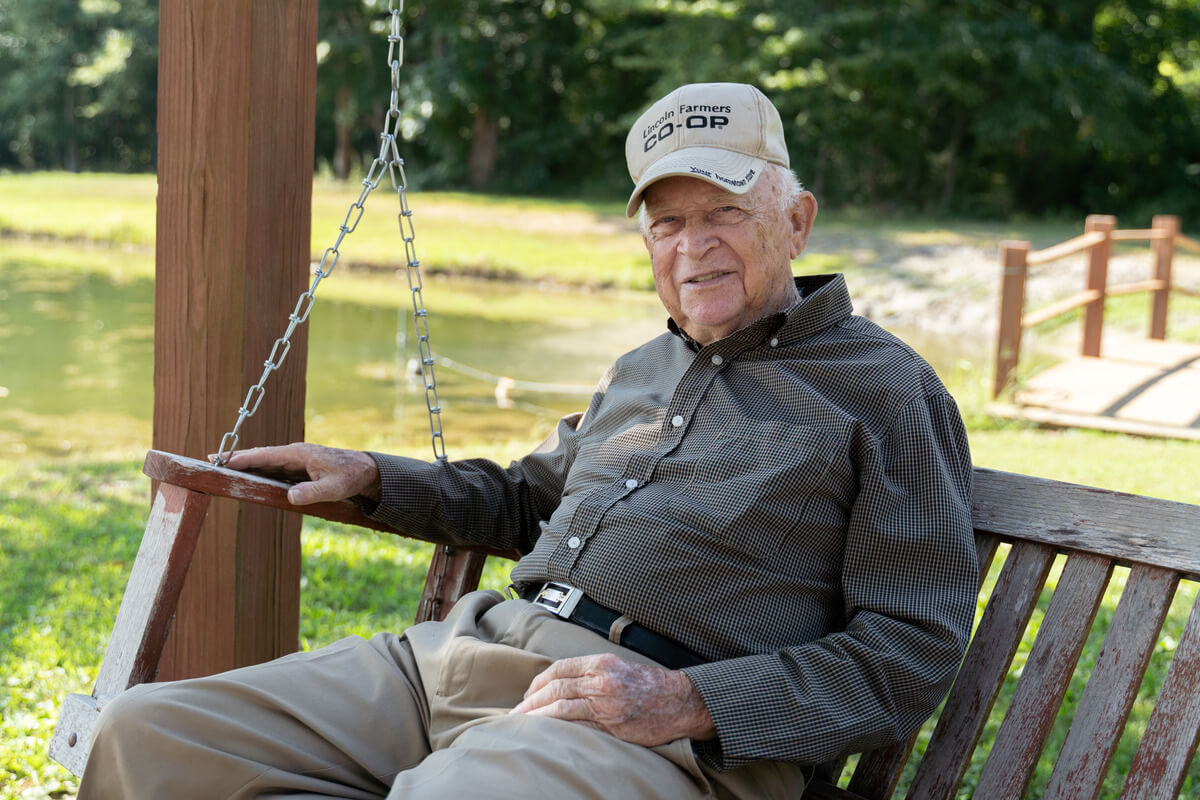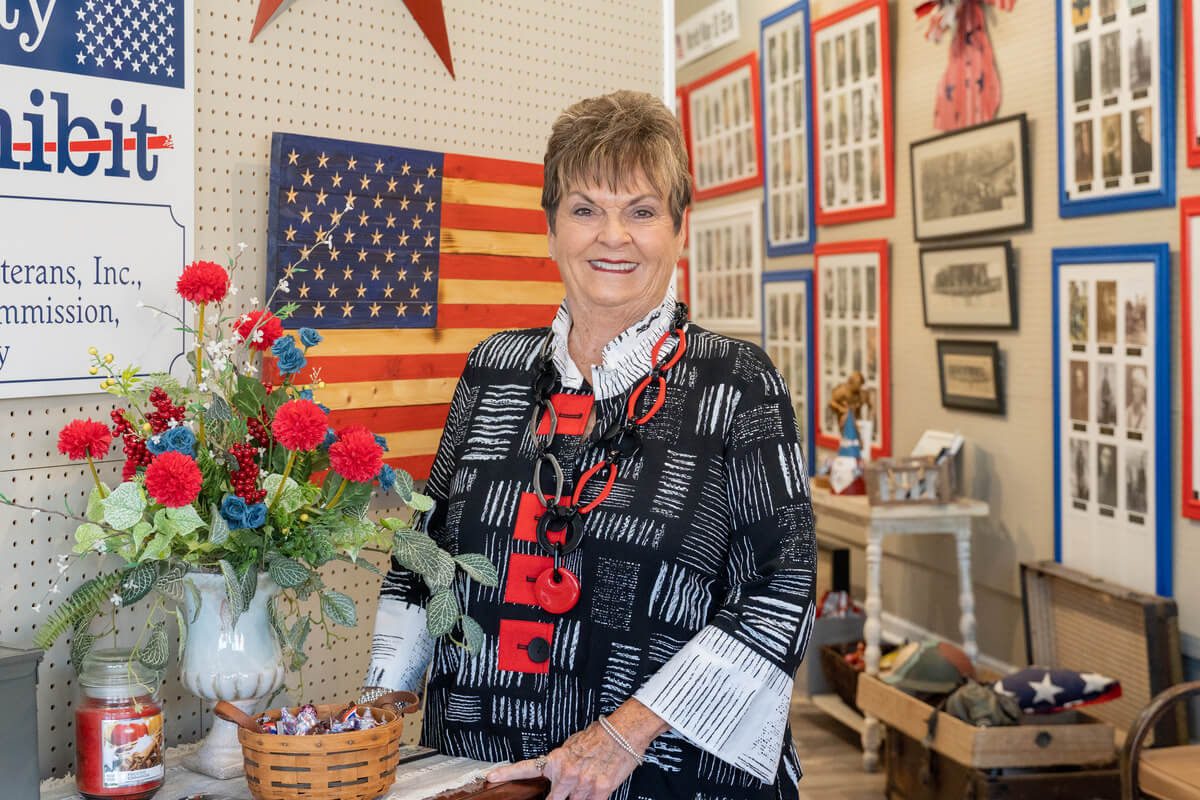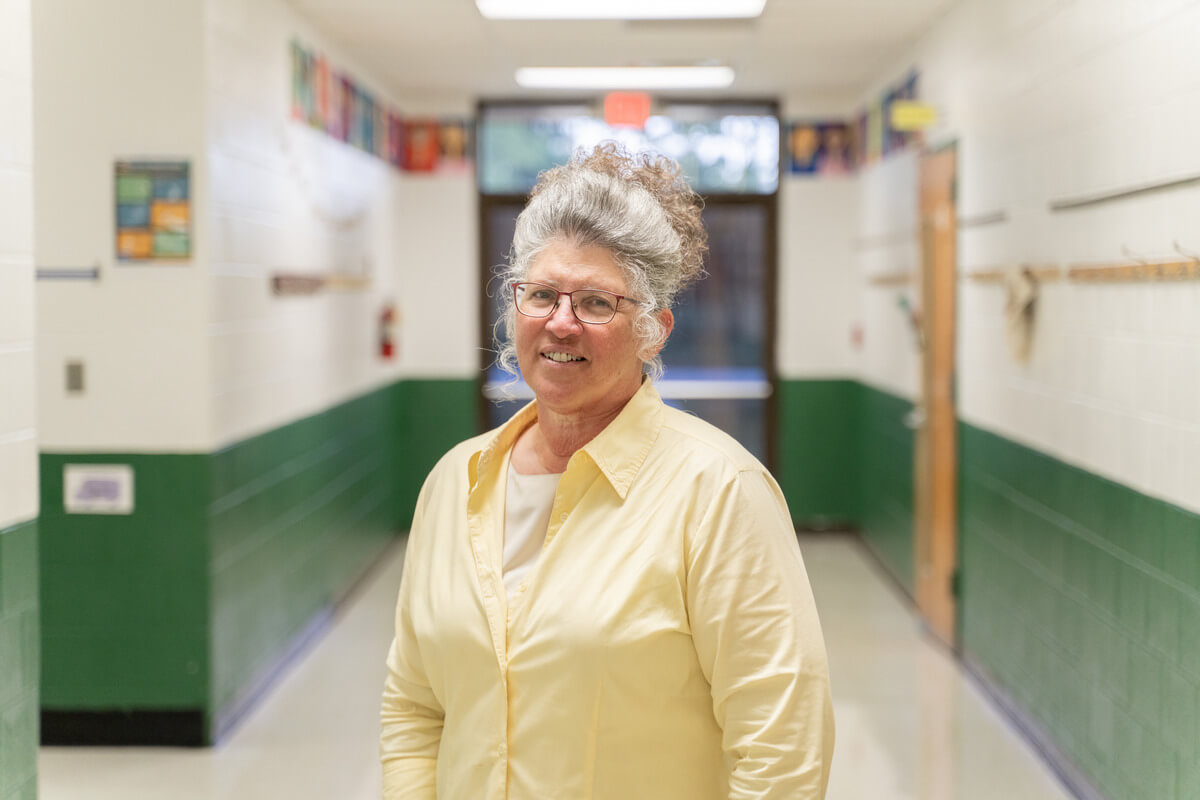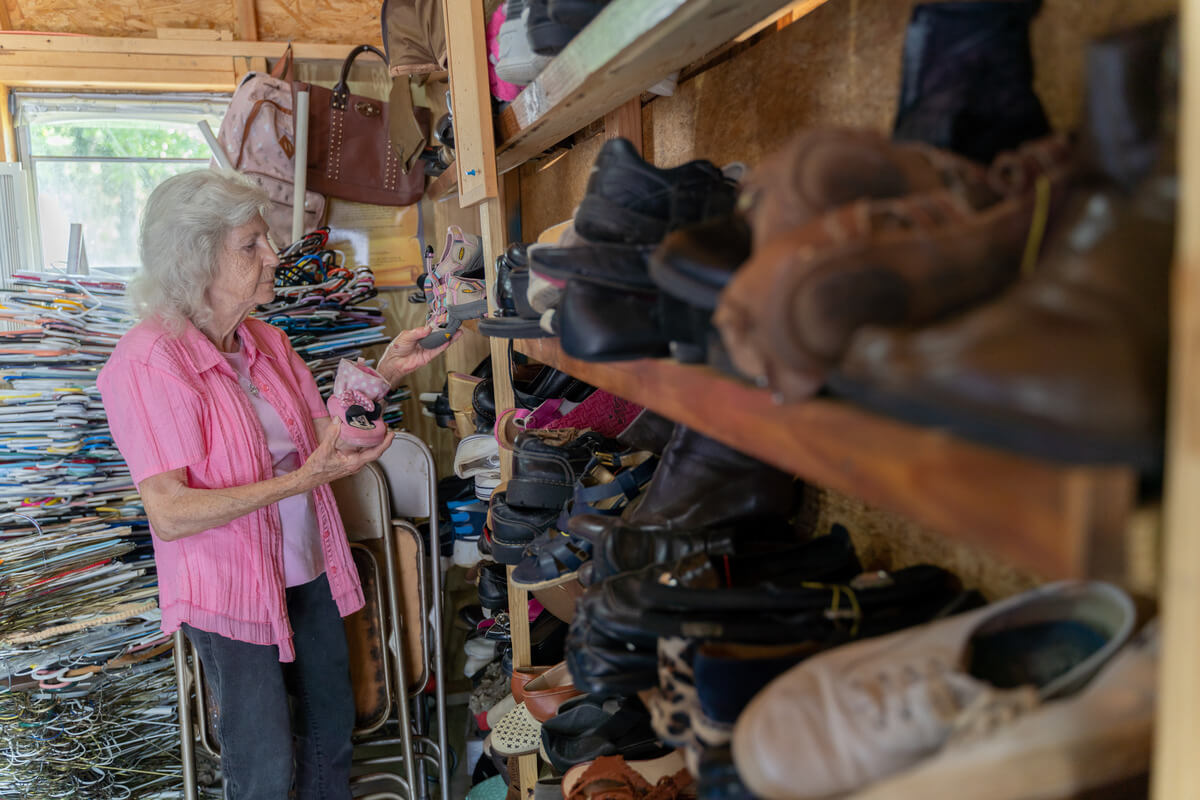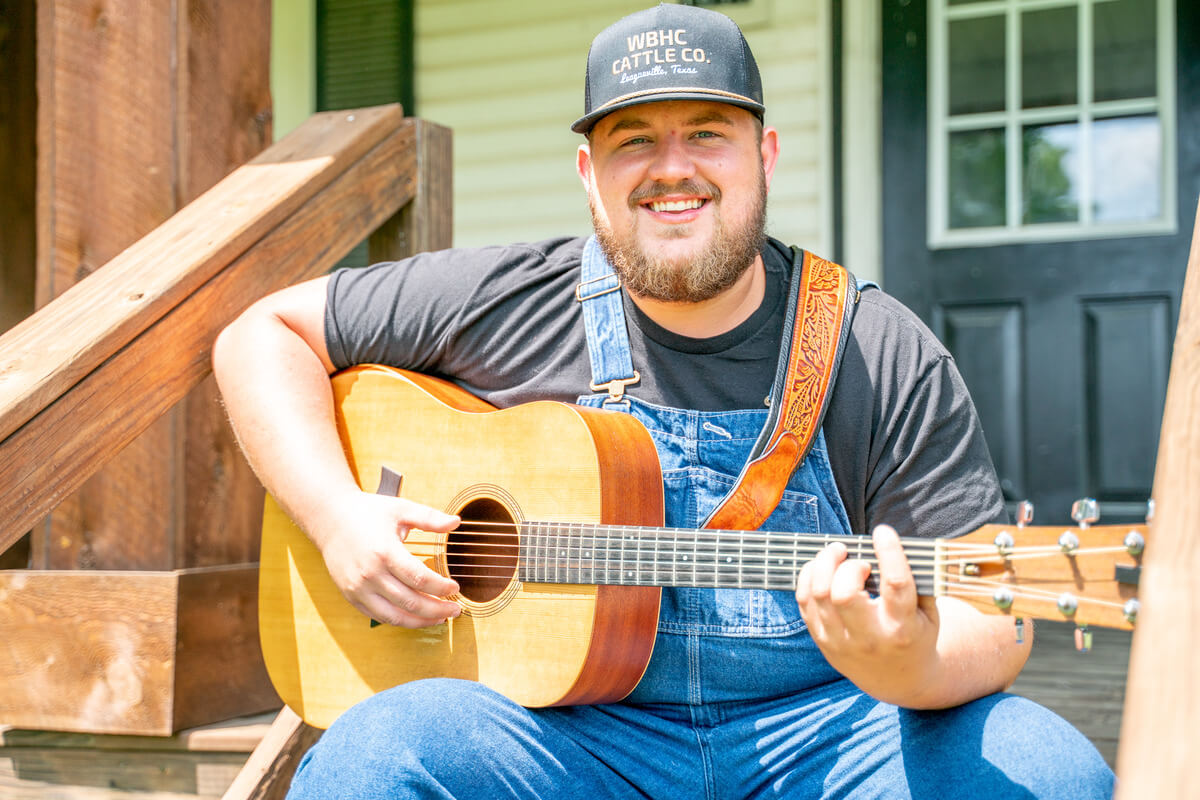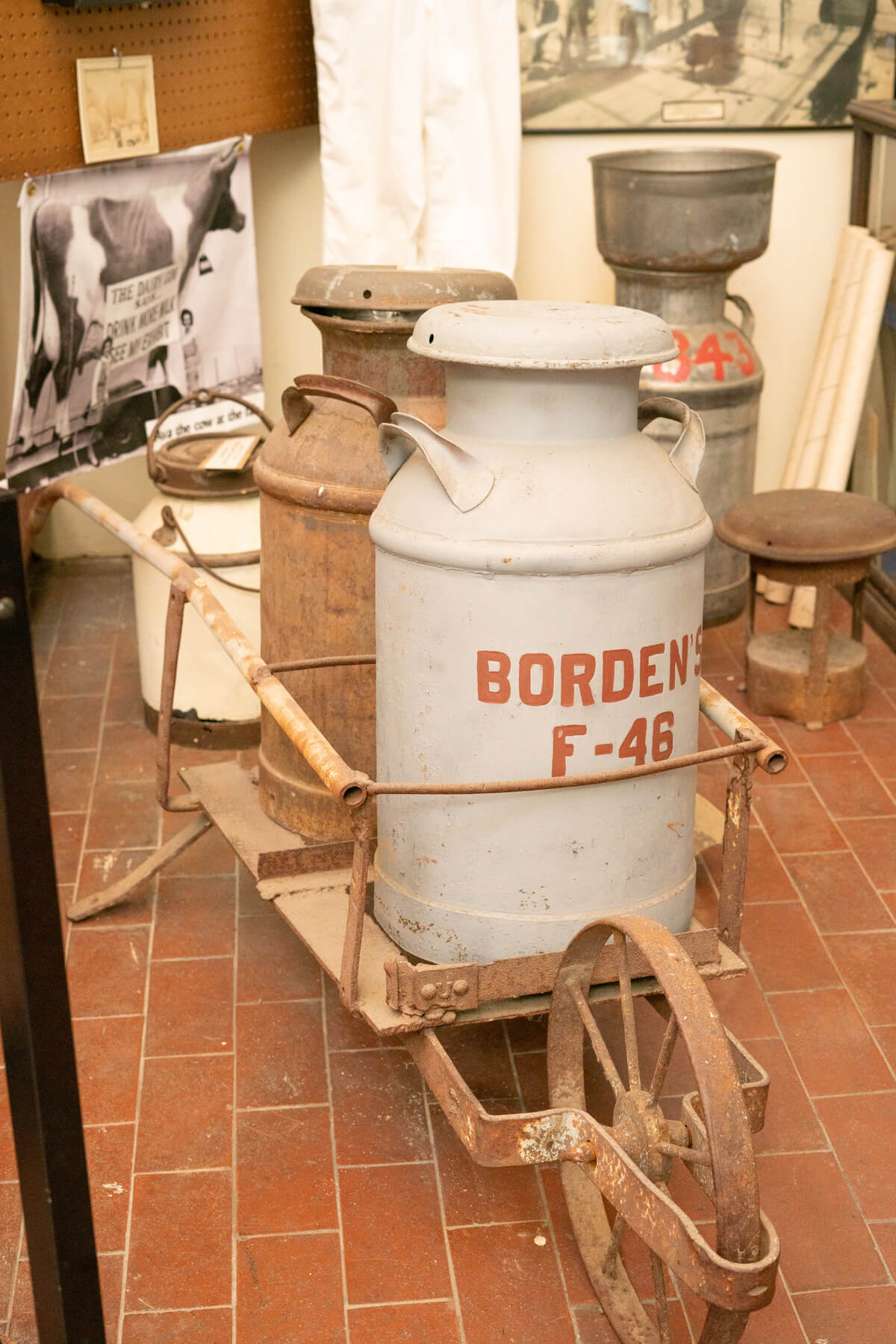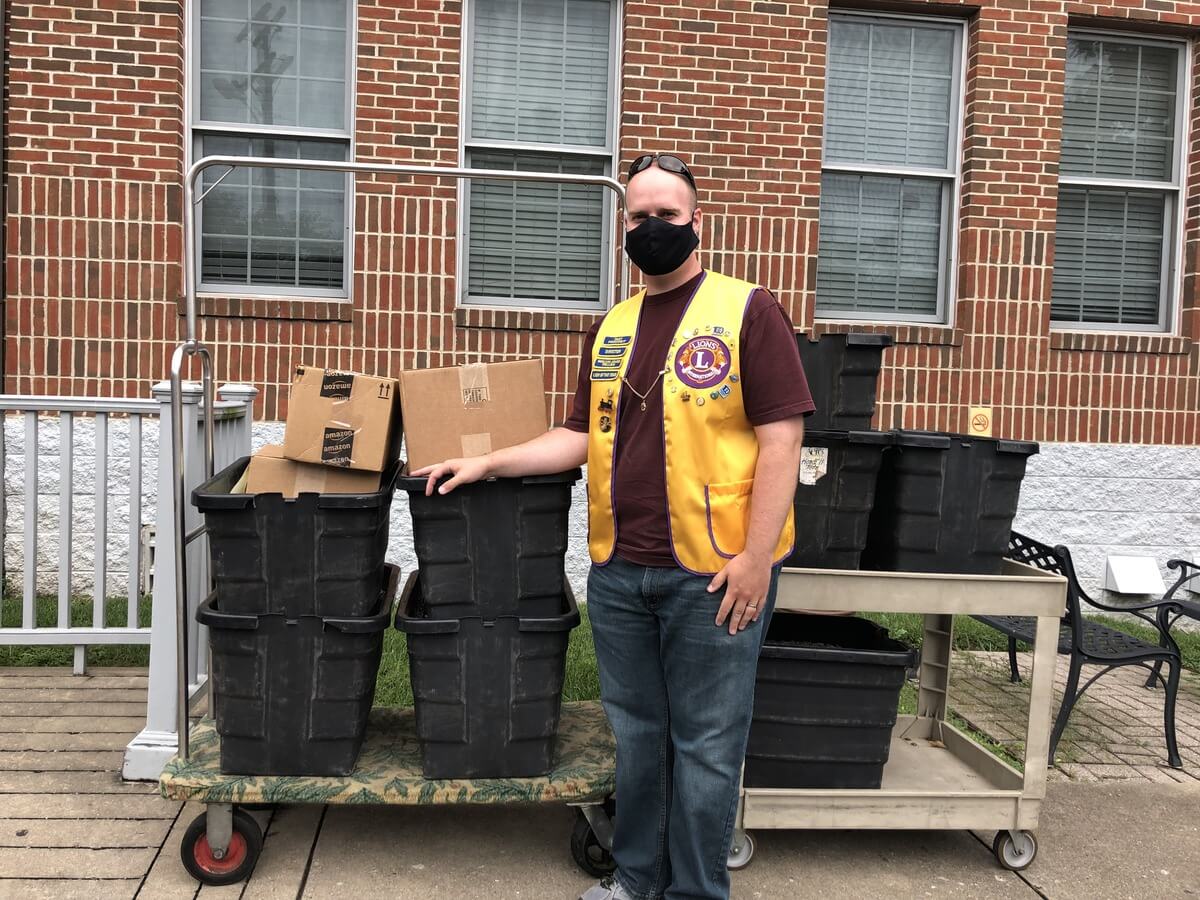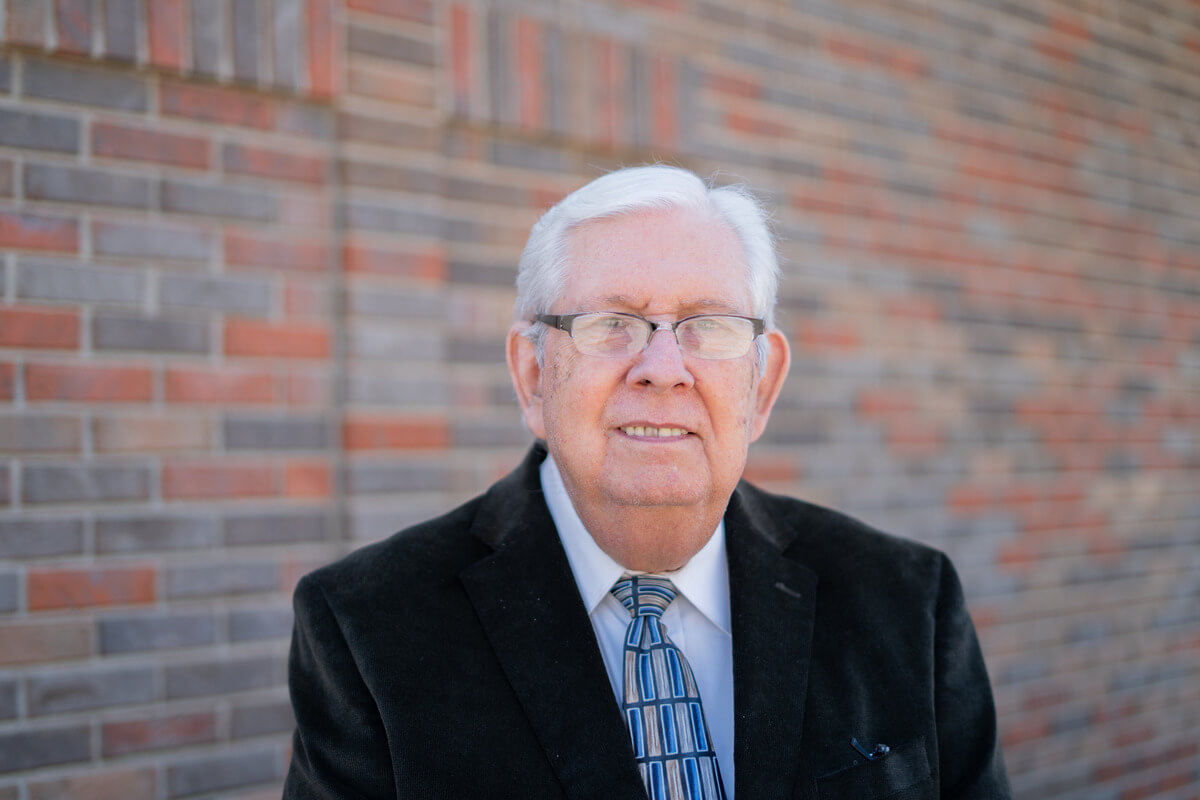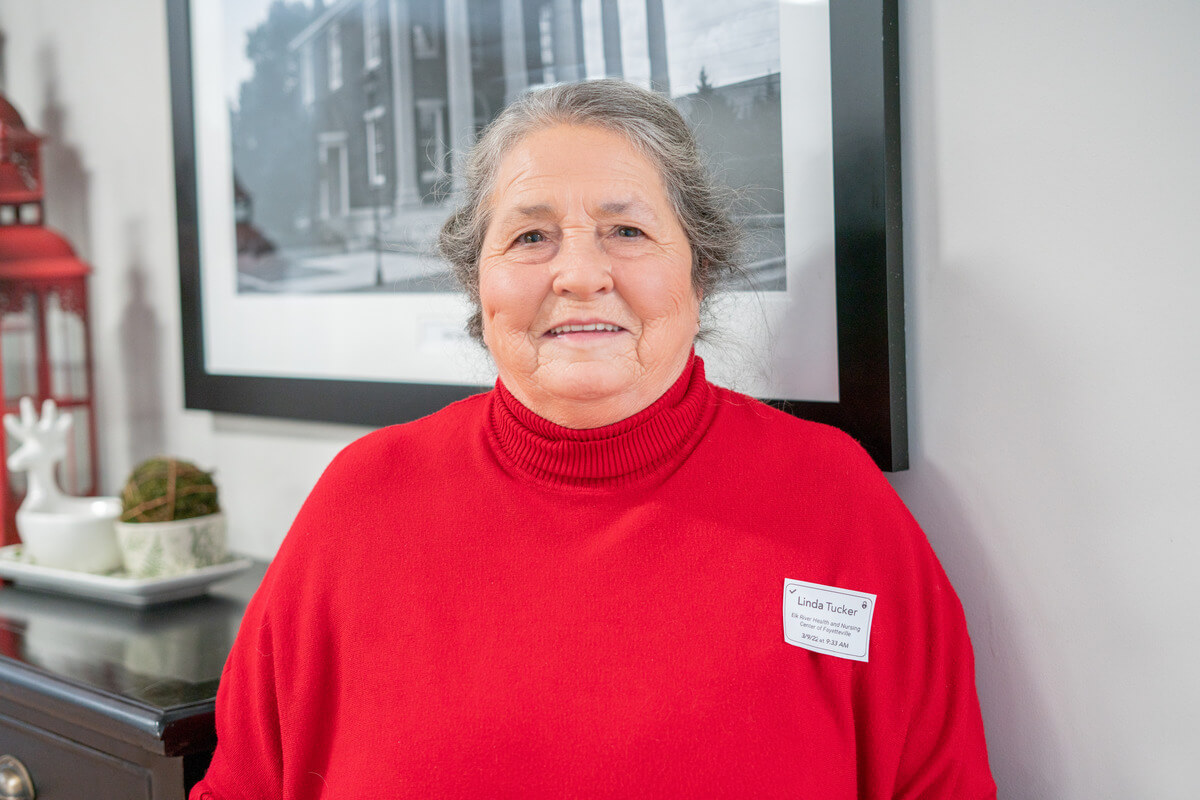IN THE two-room schoolhouse in Howell, many things distracted students on an average day. Thoughts of recess, the sights of changing seasons, note-passing, and sports rivalries interrupted lessons and note-taking. But the wailing siren of the ambulances operated by the local funeral home prompted one student to rush to the window repeatedly. Seeing it was not a passing interest, his teacher made it easier on them both by moving him near the window. Now, his heart might rush at the sound of the siren, but his feet would not.
Rushing to aid those needing emergency services fascinated Richard Wright from a young age. It’s a fascination that ignited a career marked by challenges, growth, and a commitment to the community.
Wright said, “It’s just something that I’ve always been interested in, and when I was old enough, I joined the civil defense rescue squad. We did search and rescue, and when the ambulance service was established in ‘72, we used to go out and assist them in different kinds of automobile accidents. I had a group of guys that took me in, and I was just in awe. And after that, I just knew it was the path I was going to take.”
So, upon completing high school, he went to emergency medical technician (EMT) school, but when he graduated, there were no openings in Lincoln County’s emergency medical services (EMS). He worked for three months as an orderly at Lincoln County Hospital until a position opened up in EMS in 1976. Wright, who advanced next to shift captain, became an advanced EMT, continuing his employment there for the next 30 years before assuming his current position as director of the hospital-based EMS.
“I’ve been here for 49 years — I’ll have 50 when I retire, which is less than a year away. I’ve always wanted to try to provide the highest level of care for all the citizens of Lincoln County and treat everybody with respect, kindness, sympathy, and empathy — just like the old saying, ‘No one cares how much you know until they know how much you care,’” stated Wright.

Wright continuously prioritizes care and compassion despite the challenges of staffing shortages, increased call volumes, and the emotional toll the job takes on those in the profession. In addition, service employees who work 24-hour shifts sacrifice time with their families, missing countless holidays and special events. Wright said the shift crews now work 24 hours on and 72 hours off, which provides improved work-life balance.
“Our people love it,” Wright said.
Staffing shortages are a nationwide problem, but Wright and his staff work closely with local schools and colleges that offer emergency services courses. The aim is to encourage those interested in the profession and improve hire rates.
“There [are] not as many people going into the medical field in general, but the public schools have done a good job teaching the program, and it’s moving people toward EMS again. Currently, we’re fully staffed. We’ve got a lot of young people now in our program,” informed Wright. “It takes a load off my mind when I go home at night knowing I’ve got a fully staffed crew. And we work with the other counties around us like Giles, Marshall, Moore, and Bedford because we depend on each other for mutual aid.”

Due to the increased call volume, being fully staffed is more necessary than ever. Presently, six trucks cover the Lincoln County area: three advanced life support ambulances in service 24/7, a basic life support ambulance operating 12 hours a day, and two reserve trucks. Additionally, two quick response vehicles enable administrative staff to respond and offer assistance when needed.
While ensuring adequate staffing is crucial for operational efficiency, it’s equally important to address the emotional challenges that come with the territory.
There’s no denying the emotional toll of the work. Dealing with the raw emotions of family members during emergency calls and the impact of responding to traumatic incidents is one of the hardest parts of the job.
“Anytime we have a bad call, we have professional counseling available. These are all trained EMS providers who have probably been through what they’ve been through, and they’ll sit down and talk to them. And we also include our 911 dispatchers in our debriefing.”

It all comes back to treating patients with the best of care and a kindness of heart “You need to always have that care aspect in there, too. It takes a special person to be able to do it. I work with some phenomenal individuals. They get it, and they don’t miss anything on either side. The kindness comes through.”
Wright heads up a team of people willing to sacrifice themselves for the greater good of others, fulfilling his definition of heroes. They dedicate their lives to serving and saving ours. We believe they’ll come when we call, and they do.
“I wouldn’t mind for any of these people to come to my house or take care of me or my family. And that’s the goal I set out when I took over this directorship, to have a crew of men and women that I wouldn’t mind picking up any of my family anytime, and we are there,” expressed Wright.
And to the future heroes distracted from their schoolwork when the sirens wail, we know you’ll come when we call. GN



